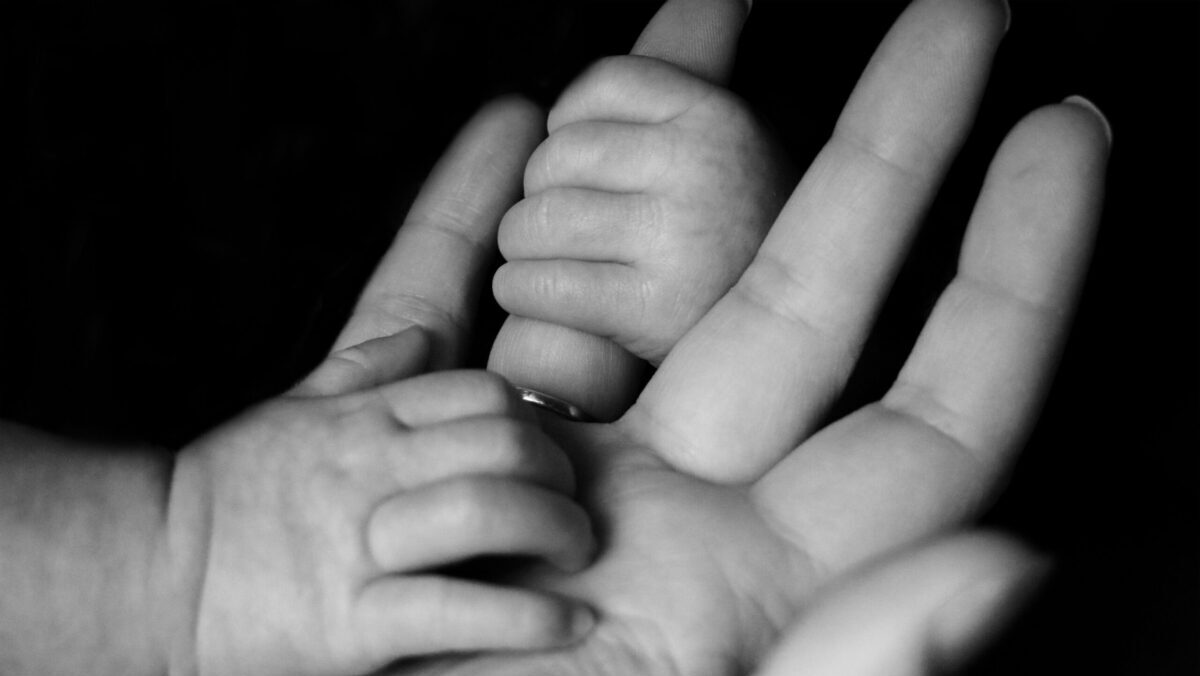When it comes to politics, there are few things Democrats and Republicans agree on.
One exception: Making America officially a Christian nation would be unconstitutional.
That’s true even for Americans who would like the country to be Christian.
Seventy percent of Americans agreed the U.S. Constitution would not allow “the U.S. government to declare the United States a Christian nation,” according to the University of Maryland’s Critical Issues Poll. That includes 81% of Democrats, 73% of Independents, and 57% of Republicans.
Just under two-thirds (62%) of Americans said they opposed the idea of the U.S. officially becoming a Christian nation. That includes 83% of Democrats, 64% of Independents, and 39% of Republicans.
Sixty-one percent of Republicans said they favor “the United States officially declaring the United States to be a Christian nation.”
‘Political loser’
“Our new University of Maryland Critical Issues Poll suggests that declaring the United States a Christian nation is a message that could be broadly embraced by Republicans in the midterms and 2024 presidential race,” wrote University of Maryland professors Stella Rouse and Shibley Telhami in an op-ed for Politico. “But our findings also see limits to its appeal — and over the long-term, Christian nationalism could be a political loser.”
The questions about Christian nationalism — the idea that Christianity is an essential part of American identity and that Christians should run the country — were part of a larger poll of 2,091 participants conducted May 6–16, 2022. The poll has a margin of error of plus or minus 2.14%.
Pollsters also looked at the ways religion and politics affected views on Christian nationalism in several different religious traditions. Baptists were split, with 46% percent saying that declaring the United States a Christian nation was constitutional and 54% saying it was not.
Catholics (69%), non-Christians (85%) and other Christians (69%) were more likely to say that declaring the U.S. a Christian nation was not allowed under the Constitution.
Baptists (67%) and other Christians (52%) were more likely to favor declaring the U.S. a Christian nation than Catholics (40%) or non-Christians (11%). In every group, Republicans were more likely to be in favor of declaring the U.S. a Christian nation than Democrats.
Evangelical or born-again Christians — a category that crossed denominational lines, said Telhami — were most likely to support the idea of the U.S. becoming an officially Christian nation. Among Republicans, more than three-fourths (78%) of those who identified as evangelical or born-again favored declaring the United States officially Christian. Among Democrats, 52% of those who identify as evangelical or born again agreed.
‘People of many faiths’
Support for Christian nationalism is popular among older American Christians and could strengthen the Republican base, wrote Rouse and Telhami.
“However, this strategy may be short-sighted,” they wrote for Politico. “As our findings demonstrate, there is strong opposition to declaring the U.S. a Christian nation among younger Americans, and even younger Republicans. For that reason, the GOP may want to tread carefully or risk alienating rising generations.”
American Christianity has declined in recent years, from 78% in 2007 to 63% in 2020, according to Pew Research, while about a third of Americans now claim no religious affiliation. Recent projections by Pew Research found the U.S. could lose its Christian majority by 2070.
A 2021 Pew Research survey found that 69% percent of Americans said the federal government “should never declare any religion as the official religion of the U.S.” Fifteen percent said the government should declare the U.S. a Christian nation.
Only 13% of Americans said the federal government should advocate for Christian values, while 63% said the government should advocate for values shared by people of many faiths.
About one in five Americans (18%) said the Constitution was divinely inspired. Three in 10 said public school teachers should be allowed to pray with students.
EDITOR’S NOTE — The article was written by Bob Smietana and originally published by Religion News Service.






